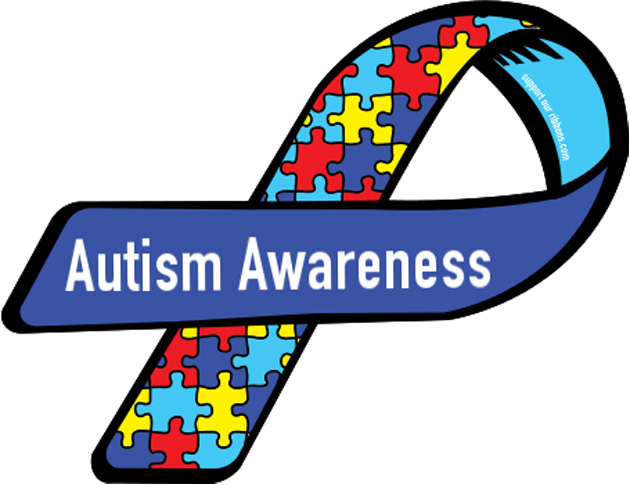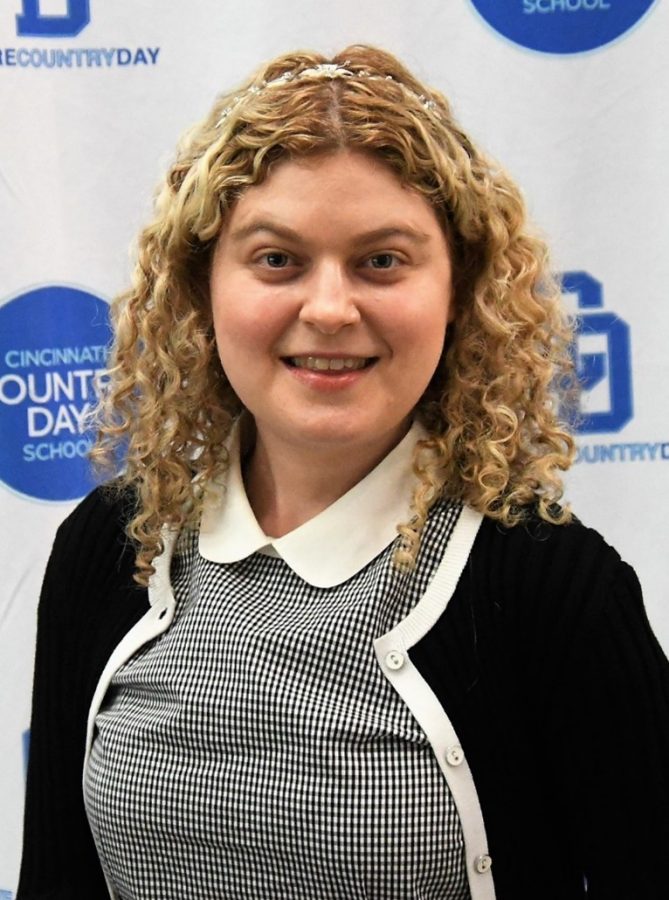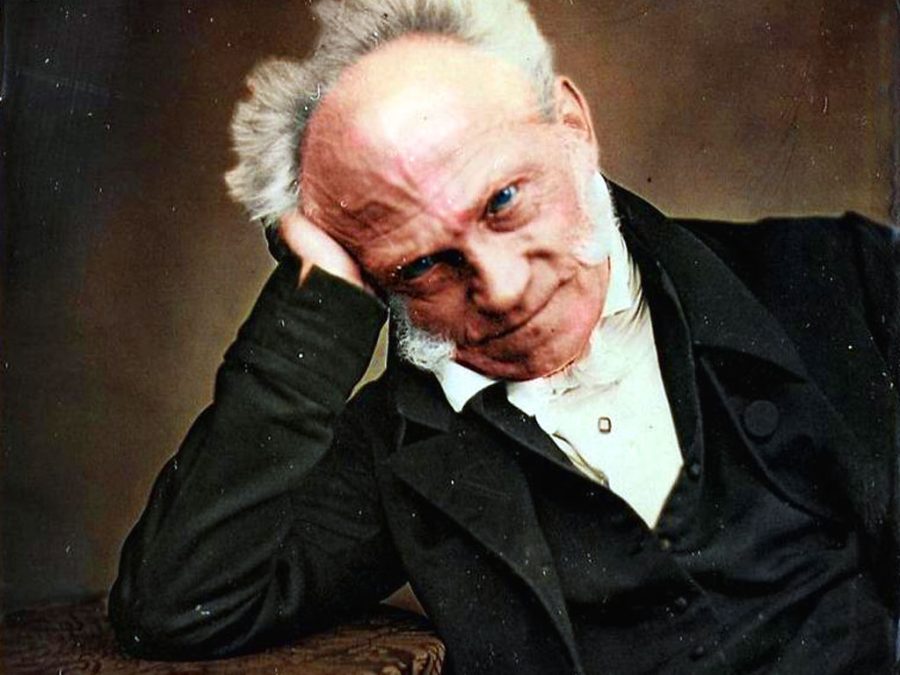This is the first article of Shaan’s new series: The Experiences and Passions of People with Autism. He will be interviewing people on the spectrum in order to bring awareness to the cause and dispel some of the myths surrounding this common disorder. The first person he chose to interview was his brother, Sam.
By Shaan Dahar ’18, Contributor
Autism is a neurological disorder that 1 out of 68 kids are diagnosed with. Unlike a cold or flu, there isn’t one kind of autism; it’s a spectrum with various symptoms: sensory dysfunction, motor impairment, motor planning impairment, and cycle linguistic challenges. Those diagnosed with Autism perceive their world differently with various degrees of function of their senses. Autism is believed to be a condition stemming from genetic fragility combined with environmental triggers which affect the body’s development, metabolism, and immune function. Autism is also linked to increasing environmental pollution. Dr. Martha Herbert, a neurologist from Harvard University, has talked about the concept of allostatic load, or “the cumulative physiological effects of chronic stress…used to refer to chronic social stress by some writers, and to chronic environmental and toxic stress by others” that may contribute to the increase of diagnoses of autism in the US.
I’ve met a lot of people with autism, and their strengths and challenges are very diverse. Many are highly intelligent, though they may not appear to be, especially when they are non-verbal and seem to be in their own world. I know because my own twin brother has autism.
Sam is very intelligent, and has presented at various conferences about his experience with autism, but the sad reality is that few people care to get to know him. He, as well as many other kids on the spectrum, often need to “stim” (a self-stimulatory movement used to defend from sensory overload.) When he flaps his hands in front of his face, he is filtering out sound and light. Spinning or rocking keeps him aware of his body and location in space. These same actions are confusing and intimidating to others.
In other words, people are afraid of the symptoms of autism. Most kids who are non-verbal are not educated in the school system because they are tested by their most impaired means; verbal and hand writing. These people are labeled as mentally retarded and shut out from the system because of their inability to respond. These stims are labeled as “bad behavior.” They are put in self-enclosed classrooms, isolated from the rest of the student body. Because they are not educated, they are not taught to fully communicate, and are not understood.
In this series of articles, I will be interviewing various student on the spectrum, as well as displaying some of their talents. I will try to dispel the myths and rumors surrounding autism, while also building awareness of its unique strengths.
Sam likes batman, and sonic. He loves videogames; we play PS4 together all the time.
We both love rollercoasters, movies, and swimming. In many aspects, we are similar. The only major differences we have are on the inside. He is nonverbal, so he uses an iPad and letterboard to type out sentences. Sam communicates to us that he perceives his world, as he puts it, “in packets of information, or quanta.” He has said that he understands the nature of light as “particle and wave” because this is how he perceives it with his own senses. Due to his ability to perceive his environment differently, he is also extremely gifted in the mathematics and sciences, and aspires to be an astrophysicist to tell people about what he calls the “underlying reality of the world.”
This different side of the world that he perceives is evasive to neurotypical people, and, in most cases, there is no way of knowing what he sees. Many kids are not given the support and tools required to communicate in school, and instead of being able to share their knowledge with the world, are cast out, bullied, and ostracized. Sam had this experience as a young child, as some classmates would tease him, and the teachers used his stims as an indication of his intelligence, choosing to teach him the same, mundane, boring, and underwhelming lessons. When my parents heard of his treatment at school, and he aired his grievances, we decided to pull him out and homeschool him. Once we switched the curriculum up, we saw that he was extremely gifted in the mathematics and sciences; Sam was so gifted, in fact, that he was taking some high school level courses in middle school.
Now, after building his communication skills over years, Sam has reached the point where he can write and present full length presentations of his experience to a wide audience. He’s been to the US Autism and Asperger’s Conference and has presented three times so far. He has also been a part of panels with other people on the spectrum, and maintains a blog which he frequently updates. To share his experience to an even wider audience, Sam also writes poetry, is working on a book, and submits pieces to his school’s newspaper. I asked him if he could think of any piece from his blog, but instead, I will end this article with an entirely new poem Sam volunteered to write.
Time Maverick
Sometimes you can
Feel the earth
Spin beneath your feet
Sometimes you can
Hear the humming-
Cast down by starry showers
Of gravity.
So what if I cannot
Hear my speech?
To touch in space time
To grasp infinity
Is all I need
Check out Sam’s blog here: http://www.autismastronaut.com/
Bibliography:
http://www.autismwhyandhow.org/what-causes-autism/total-load/












